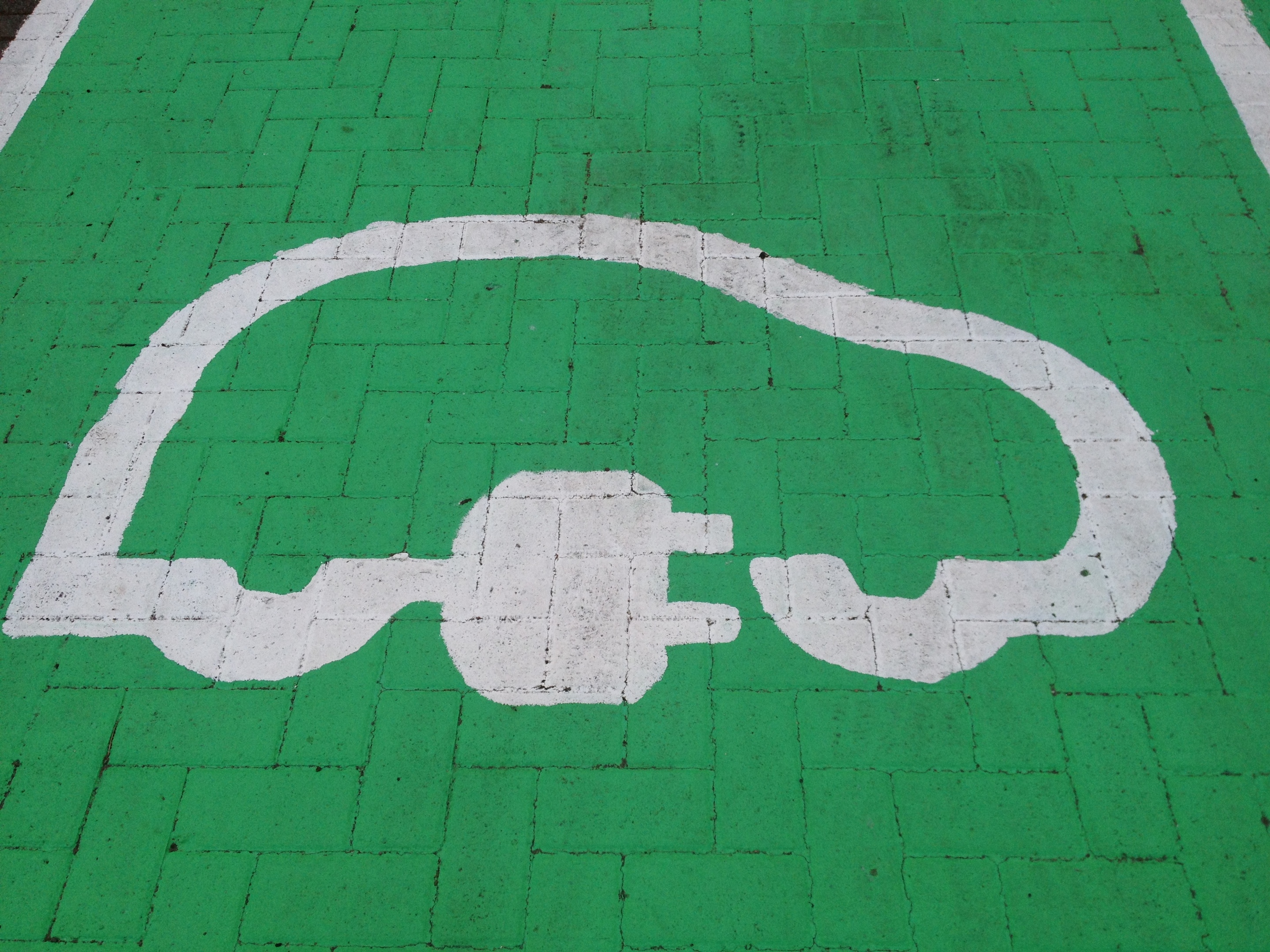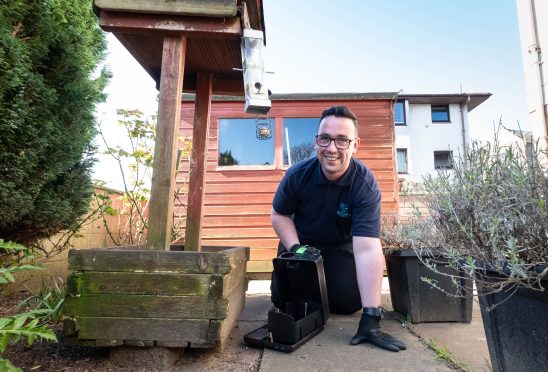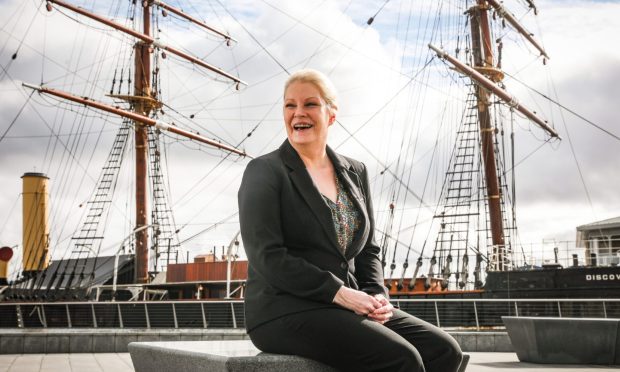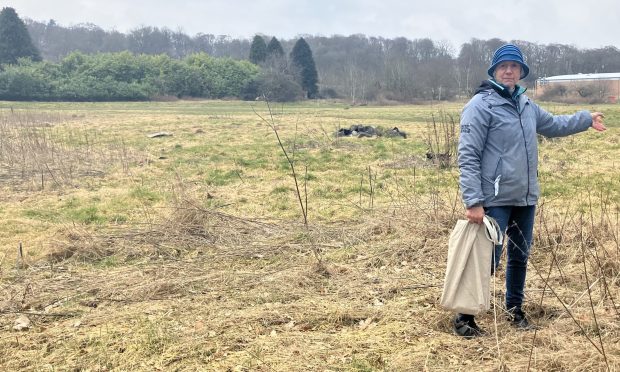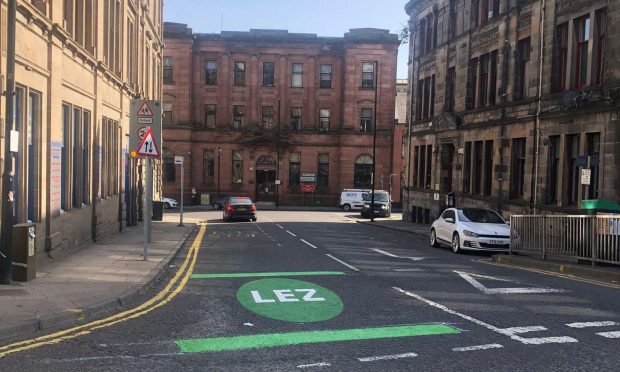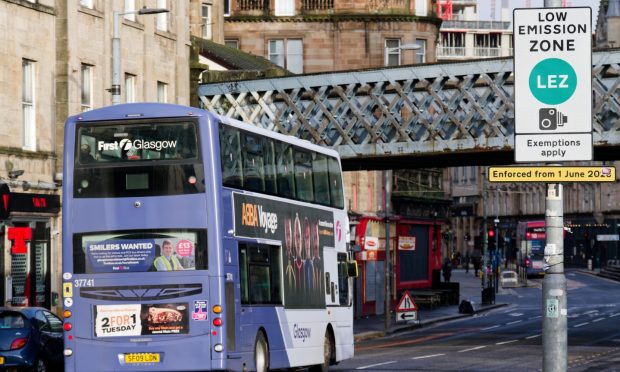We’re facing a sea change in the way we power our cars. After more than a century the internal combustion engine looks set to fade into the history books, writes Jack McKeown.
This won’t happen overnight – 15 years is still a long time away and even then it’s only new sales that will be banned. A diesel car bought in 2033 might run well into the 2050s. Rather than suddenly disappearing from our roads we will see a gradual reduction in combustion engine cars as electric power gains traction.
It’s important to note the ban includes hybrid as well as diesel and petrol cars. Barring the sudden emergence of an alternative technology such as hydrogen power, only fully electric cars will be sold after 2035.
Having driven numerous electric cars, I can confirm they’re nothing to be afraid of.
Most now have a range of more than 200 miles and some come close to 300 miles on a charge. By 2035 technological developments are likely to have increased that range dramatically.
They’re fast, quiet and easy to drive. Having the battery below the floor improves balance and increases cabin space.
They’re only zero emission if you charge them up from green electricity suppliers but they keep emissions out of town and city centres, improving air quality.
Car manufacturers may not welcome this news. Electric cars are expensive to develop and manufacture and profit margins are thin on them.
Economies of scale will eventually bring these costs down though, and give companies their profits back.
Local dealers should be less concerned. People will always need cars, especially in places like Tayside and Fife where public transport is patchy in rural areas.
Trusted local dealerships who offer unbiased advice and strong aftersales service will continue to thrive in 2035 and beyond.
UK has responsibility to lead climate action, PM says after attack on record
